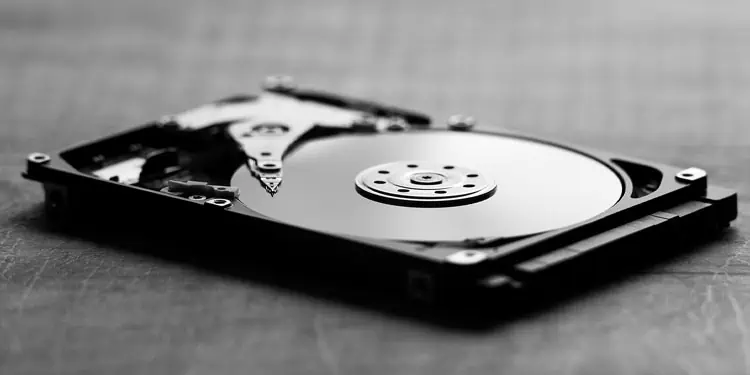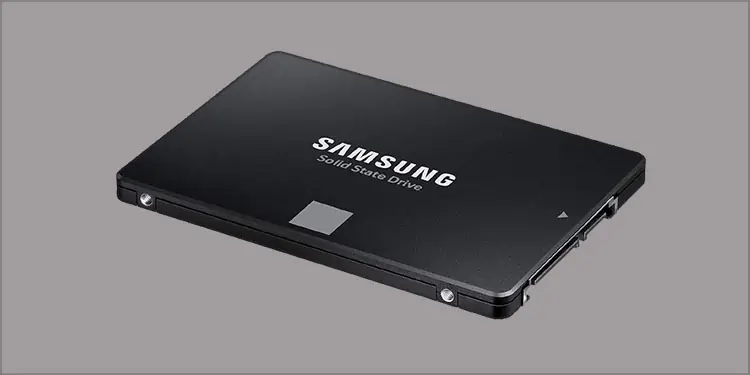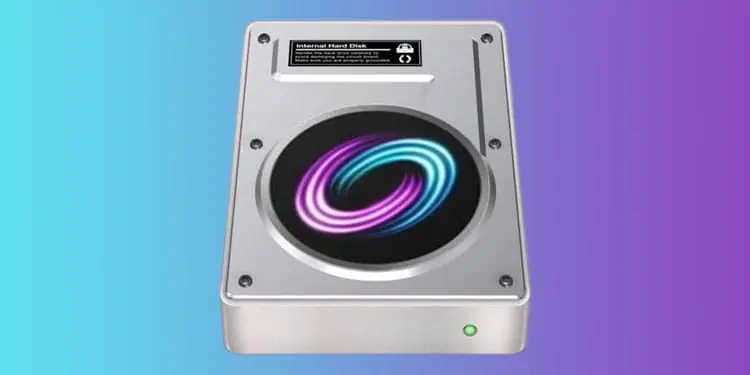When it comes to choosing a storage solution for your computer, you have several options to choose from, including a Fusion Drive, SSD, and HDD.
While all three types of storage serve the same basic purpose, they have some significant differences that can affect their performance, reliability, and cost.
In this article, we will compare Fusion Drives, SSDs, and HDDs to help you make an informed decision about which one is right for you.

Fusion Drive Vs SSD Vs HDD
Before directly jumping into the differences, let us get little details on each drive.
Hard Disk Drive (HDD)
In short, the Hard Disk Drive, or HDD, is one of the earlier electro-mechanical storage devices introduced to the world in 1956 by IBM. The HDD uses mechanical components to read and write data. So, they are slower than a fully electronic storage device.
Since HDDs are slower than SSDs, they are relatively cheaper. you may easily get more than a terabyte of storage capacity for a reasonable price. The cost for storage ranges from$0.05 to $0.038 per GB.

The HHD’s low cost is exactly why most people still include a Hard Disk Drive on their build.
Why Do I Need an HDD?
The HDD is commonly used to store permanent files and folders. As they are cheaper than SSD, you may easilyadd more storagewithout putting a dent in your budget.
However, if you want higher read and write speed, the SSD will be an ideal choice.

A Solid State Drive or an SSD is a fully electronic storage device that uses IC (Integrated Circuit) chips to store data. SanDisk first introduced the SSD in 1991 with a storage size of 20MB.
Since the SSD did not have any moving components, it easily overcame most disadvantages with the HDD. The SSD did not make any noise and was less prone to internal damage. The SSD also offeredincreased read and write speedsthat the HDDs just could not match.
However, one small disadvantage to using a Solid State Drive is that it is pretty expensive. Its prices range from $0.14 to $0.3 per GB.